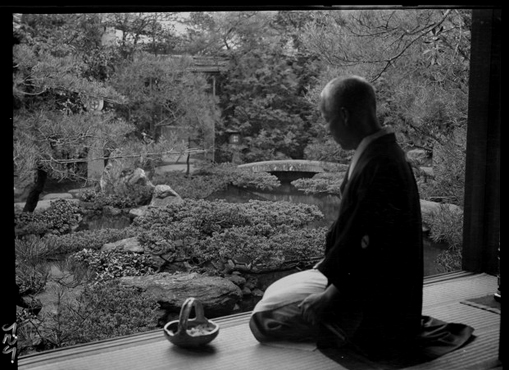Autumn 1971
This Chinese
character, (commonly used in written Korean), means Autumn.*
Giles Ryan
© Copyright 2024 by Giles Ryan


Photo courtesy of Wikimedia Commons.
|
Autumn 1971
Giles Ryan © Copyright 2024 by Giles Ryan  |
 Photo courtesy of Wikimedia Commons. |